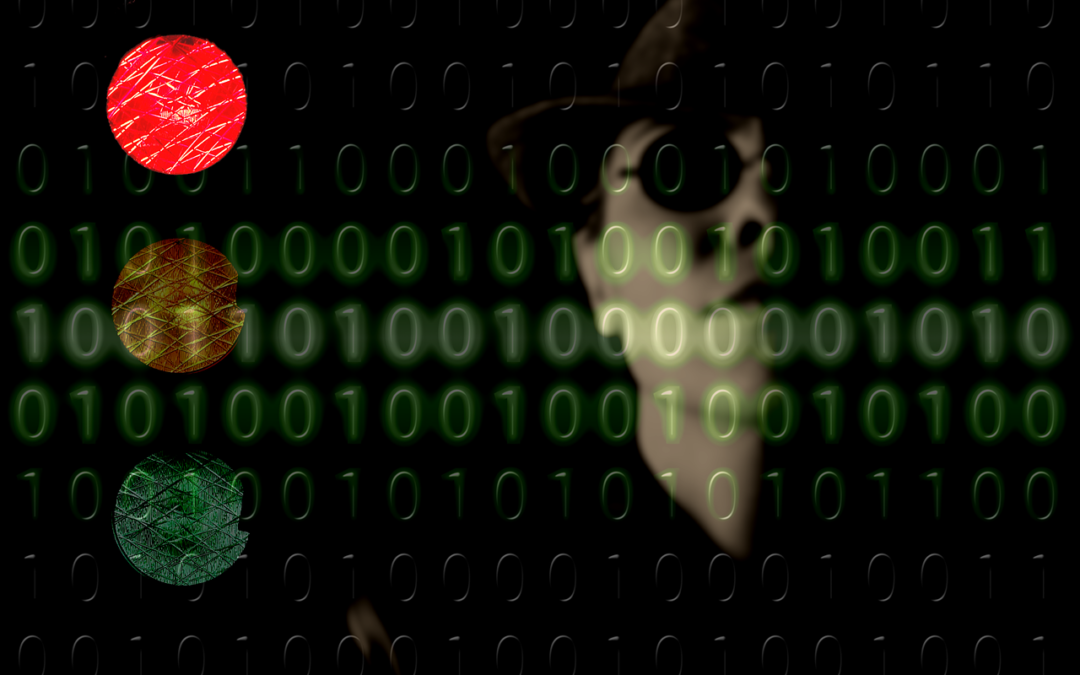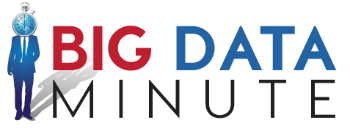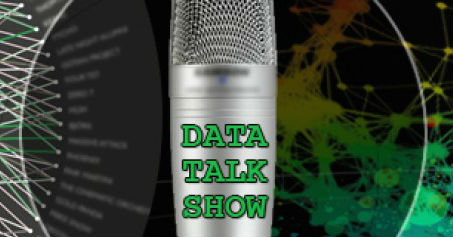
by Stephanie Rabinowotz | Nov 18, 2015 | Predictive Analytics
In light of last week’s tragic events in Paris and Beirut we begin to wonder how terrorists can get away with committing such horrible crimes and is there a way we can stop it? Is there a way to protect ourselves from terrorism other than using drones to bomb whole cities? Could we track these awful people and arrest them before any of their plans can be carried out?
Big Data may not be the first thing that comes to mind when thinking about defending our country’s safety. but it may be more important than we think. We must remember that Big Data is essentially a lot of information- information on all of us. We are the ones who put our information out there for the world to see. We may not think anything of posting on Facebook about our vacation travels or what big event we are attending, but to the sick minded people out there we are basically telling them where and when we will be somewhere they can best attack.
Many people get angry about the fact that the government is tracking their information, but really it is for our own protection. The government is not listening in on your call for entertainment, they are using machines to scan the information our there across the internet for patterns that may detect a possible dangerous outbreak. Whether it be the spread of disease or an angry protest group, the government is searching for clues to predict when these acts may happen and how to best prevent the worst from happening.
What if Big Data could help us spot terrorists living in our country before they could attack. There must be a way to find the connections the link individuals to terrorist groups. This would allow homeland security to track down these individuals and get them into custody before any damage is done. To be able to shut down terrorist groups before they even act would be the best way to prevent terrorism, not by bombing cities that are also home to innocent people.
As for now we can only hope that the information we put out there is being used for good and that the government is using Big Data to its fullest potential to prevent distastes from happening. Check out other articles on Big Data and Security by CLICKING HERE!

by Aleah Radovich | May 12, 2016 | Predictive Analytics, Save With Data
Collection and analysis of Big Data are crucial to business and government in order to be sustainable and competitive in industry. With the easy accessibility of Big Data, we must ask ourselves how can we use it to its full potential? What limits should be placed on its use? And how can the law enforcement community take full advantage of it and simultaneously retain public support?
Crime analytics is the applied application of analytics by analysts to support crime prevention and investigations as well as intelligence-led policing. It is a prime example of how advanced analytics are about the application of methods and tools by people not just the tools alone. It is important to remember that one does not occur without the other. Moreover, that the role of the human in the analytic process is key to making informed assessments to decision-makers.
As criminals are becoming smarter and more creative using the Web, law enforcement agencies are in need of technology that allows them to stay a step ahead. With the amount of knowledge and insight Big Data can provide, public safety officials have an obligation to protect the wider community. Law enforcement organizations and the private sector working together can enable us all to prevent future crime, reduce costs and prosecute criminals.
This is not something new as crime analytics have been in use since the mid-90s. For example, at the Seattle Police Department, each morning’s schedule begins with review of Google Maps and computer algorithms to determine where officers should focus their attention. For now, predictive policing programs are solely focused on property crimes. This has included recordings of movements of vehicles that are stored for later investigations. Unlike most police departments, Seattle requires officers to vet each citation. For the public, the police department even created a Twitter account for residents to report crime in their neighborhood.
Seattle also has bought on a new software package, PredPol, for predictive policing. It looks at short and long-term patterns in property crimes and can forecast risk. It is in use by 11 other police agencies including those of the cities of Los Angeles and Santa Cruz, California.
On the east coast, the Durham (N.C.) police department’s analytical services group used analytics technology to help reduce the amount of violent crime in a two-square-mile region of the city by more than 50 percent during a four-year span (2007-2011).
In order to be successful using these technologies requires communication to the consumer and close oversight of security and privacy policies. If the public understands their information will be handled securely and that they will benefit then they are more likely to be comfortable with sharing personal details. Trust will take time to develop and proven success in how the data are managed towards the ultimate goal of a global community and secure network.

by Stephanie Rabinowotz | Feb 24, 2016 | Big Data, Business Optimization
Big Data is created from numerous devices, around the clock, every day. Big Data comes from watches, smart phones, televisions, computers, cars, social media sites, and even home appliances. Every where we turn there are devices creating data and sending it to the cloud to be stored.
Once this data is in the cloud it is stored there until a company decides to dig in and start doing some analysis. This reservoir of information is an extremely useful tool for organizations big and small. The issue is that with all of this separation between where data is created and where it ends, we begin to forget that Big Data is coming from humans. Real people, all with different lifestyles and beliefs are the ones producing this information every second of the day.
It is important for companies to remember that when they are working with Big Data, they are handling real people’s information. Crunching codes may just look like a lot of numbers and symbols, but each one of those characters represents a specific person. This is why there are so many discussions about security surrounding Big Data. Companies much remember that they are dealing with personal information that may cause harmful repercussions if released or used in the wrong way. A prime example is when Target alerted a young girl’s father that she was pregnant before the daughter got the chance to.
Although Big Data is a great way to gain information on large masses of people, we must always remember to put the people first.

by Stephanie Rabinowotz | Sep 21, 2015 | Business Intelligence
As presidential candidate, Donald Trump continues to throw out bold statements about controversial topics one must wonder, is he right?
How can I trust him?
Where is he getting this information?
The fact is Trump’s facts are false.
If you look into his statements about immigration and the number of incarcerated illegal immigrants you will find that Trump’s numbers seem to be made up. Trump has quoted recent Homeland Security Reports on the number of immigrants taking up space in our jails…. Homeland Security does not produce reports on these statistics.
Although Donald Trump is excellent in publicizing himself, this is a prime example of how not to use Big Data. Make sure your data is correct before you use it for personal gain. Don’t embarrass yourself like Trump, learn how to understand your data.
Check out how Cliintel can explain your data so you don’t get Trumped.
by Rich Benvin | Jul 6, 2015
Privacy Policy Welcome to the Save With Data Website (the “Site”). We understand that privacy online is important to users of our Save With Data site, especially when conducting business. This statement governs our privacy policies with respect to those...










Recent Comments